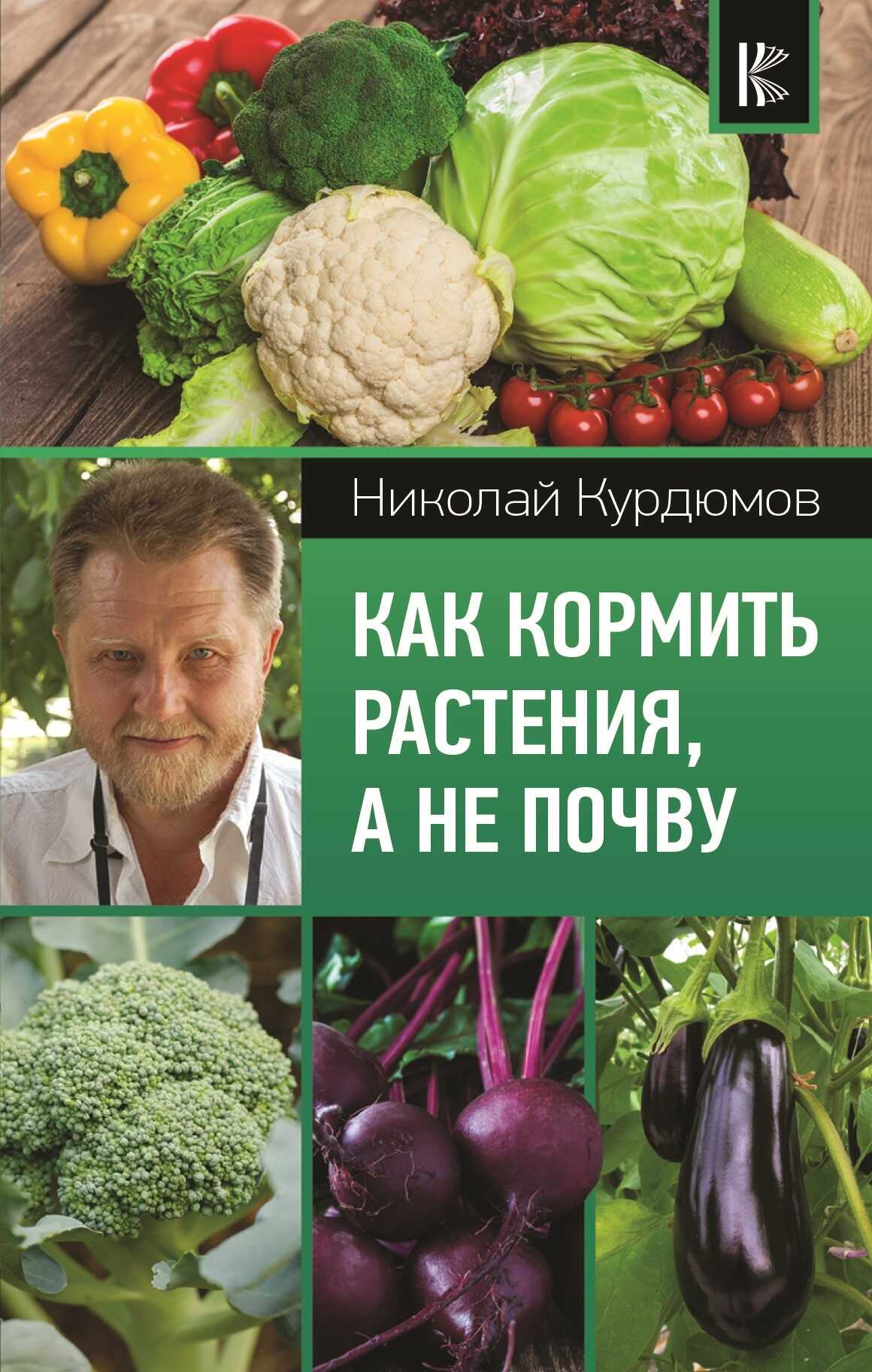Шрифт:
Закладка:
Весенний выпуск журнала «Позитивные изменения» посвящен анализу сложного, многогранного и интересного опыта в реализации и оценке программ развития территорий. В этом выпуске мы также обсудим очередной актуальный вопрос повестки — разрабатываемый в России стандарт отчетности об устойчивом развитии компаний, рассмотрим, что в нем учтено, а что требует доработки. Мы также поговорим о том, как может выглядеть добрый город, как считается индекс коммуникационной состоятельности городов, каковы факторы корпоративного благополучия в НКО, а также в чем суть концепции позитивного развития молодежи. Гостем выпуска стала уникальный предприниматель из Индии Сумита Гхош, которая является создателем модели развития территорий через обеспечение рабочими местами более 3 тысяч человек. И все это традиционно для того, чтобы еще больше добрых «зерен» прорастало в пространстве вдохновения, знаний и веры в позитивные изменения.





